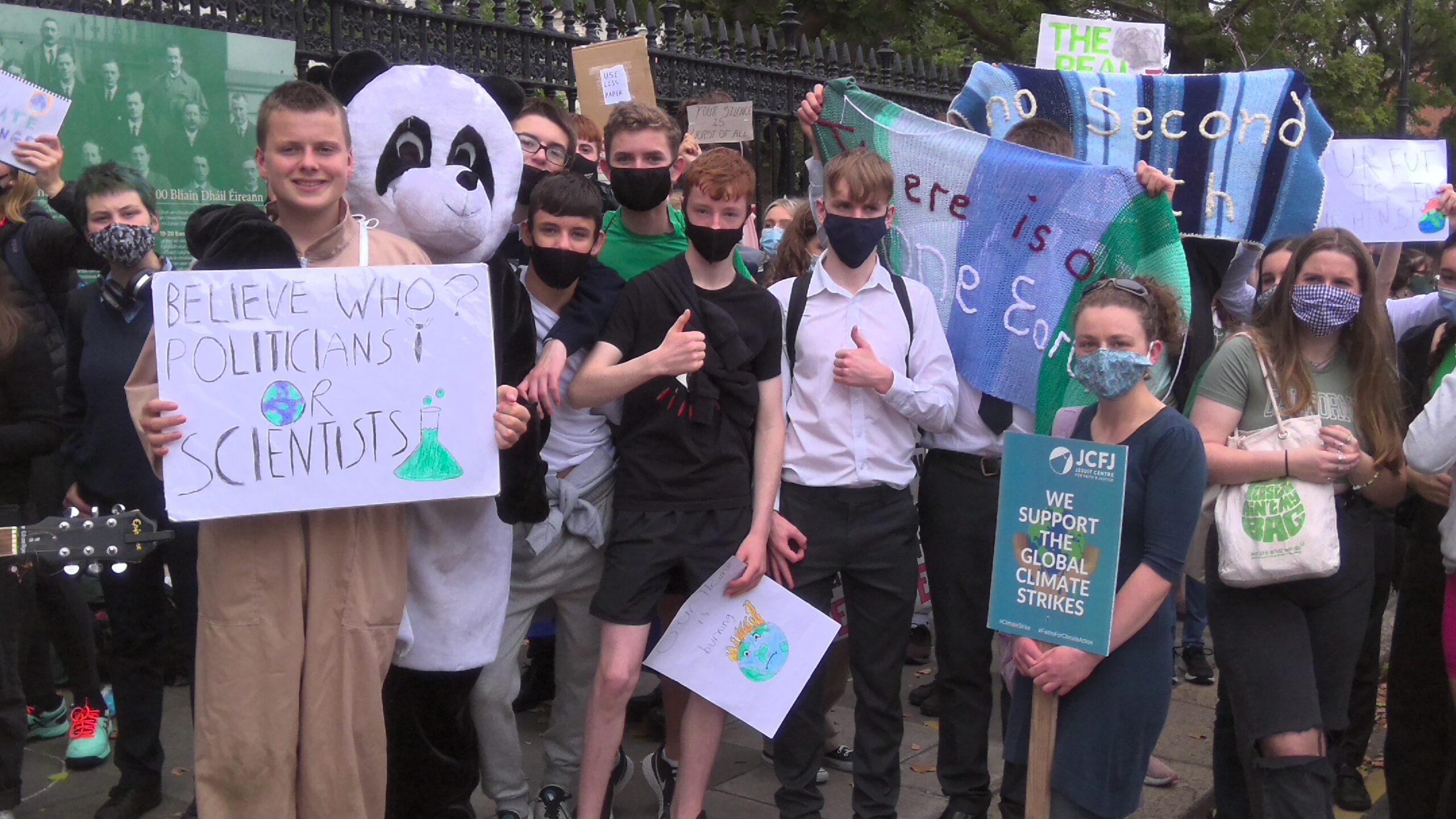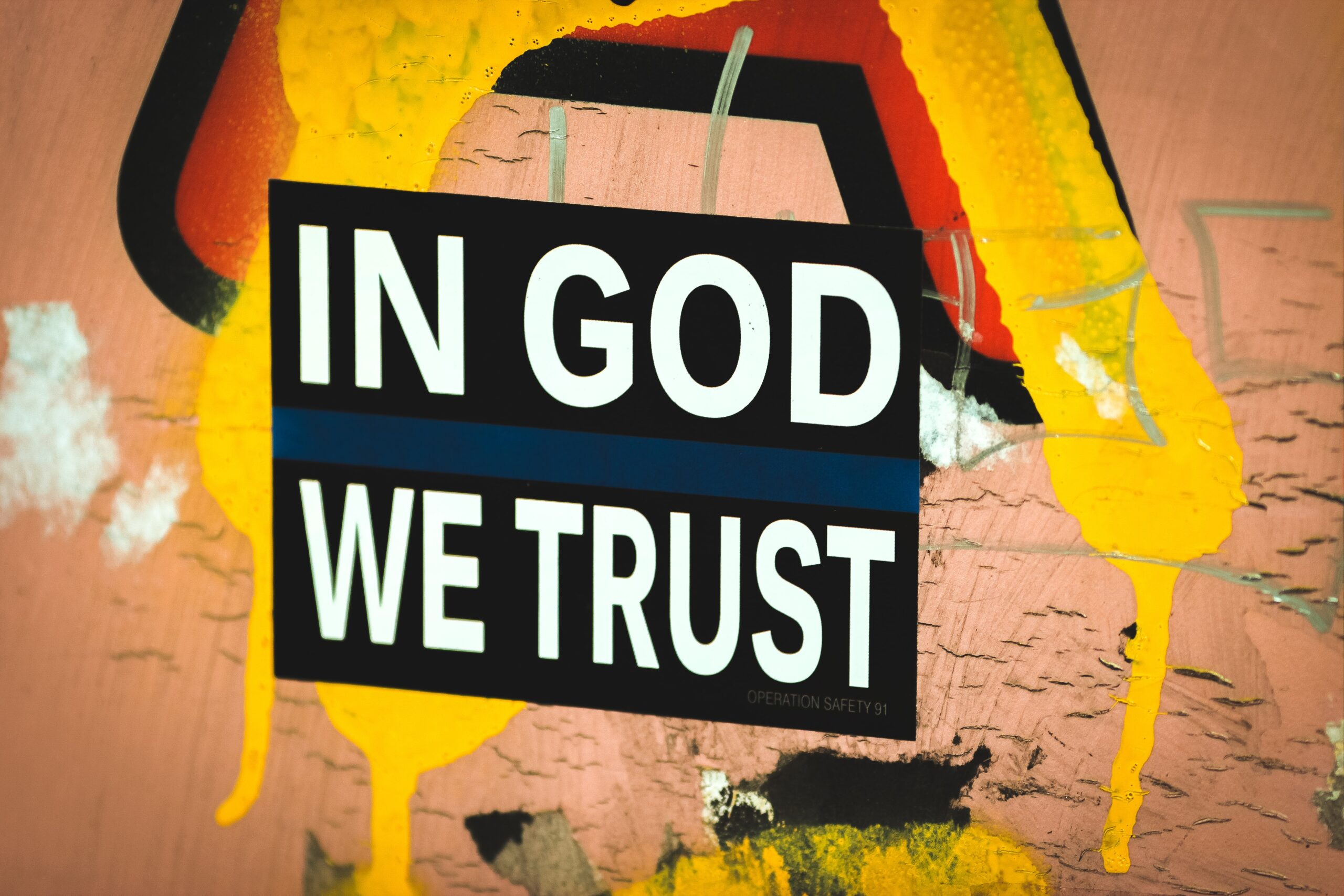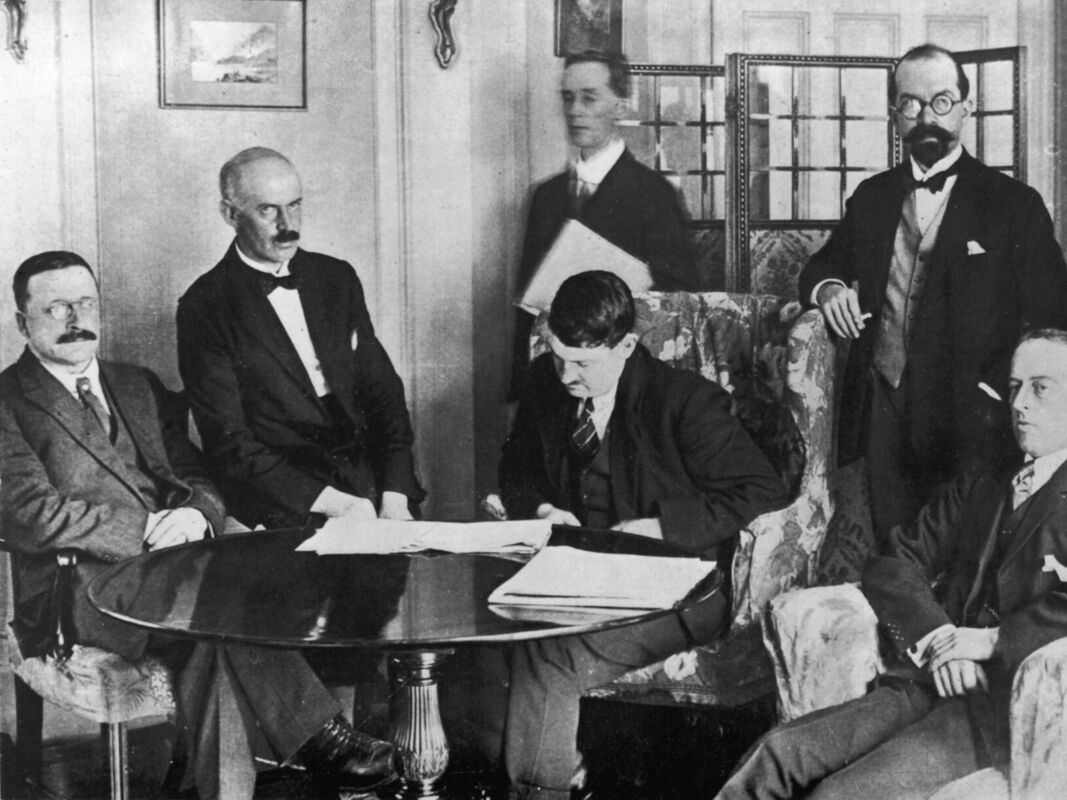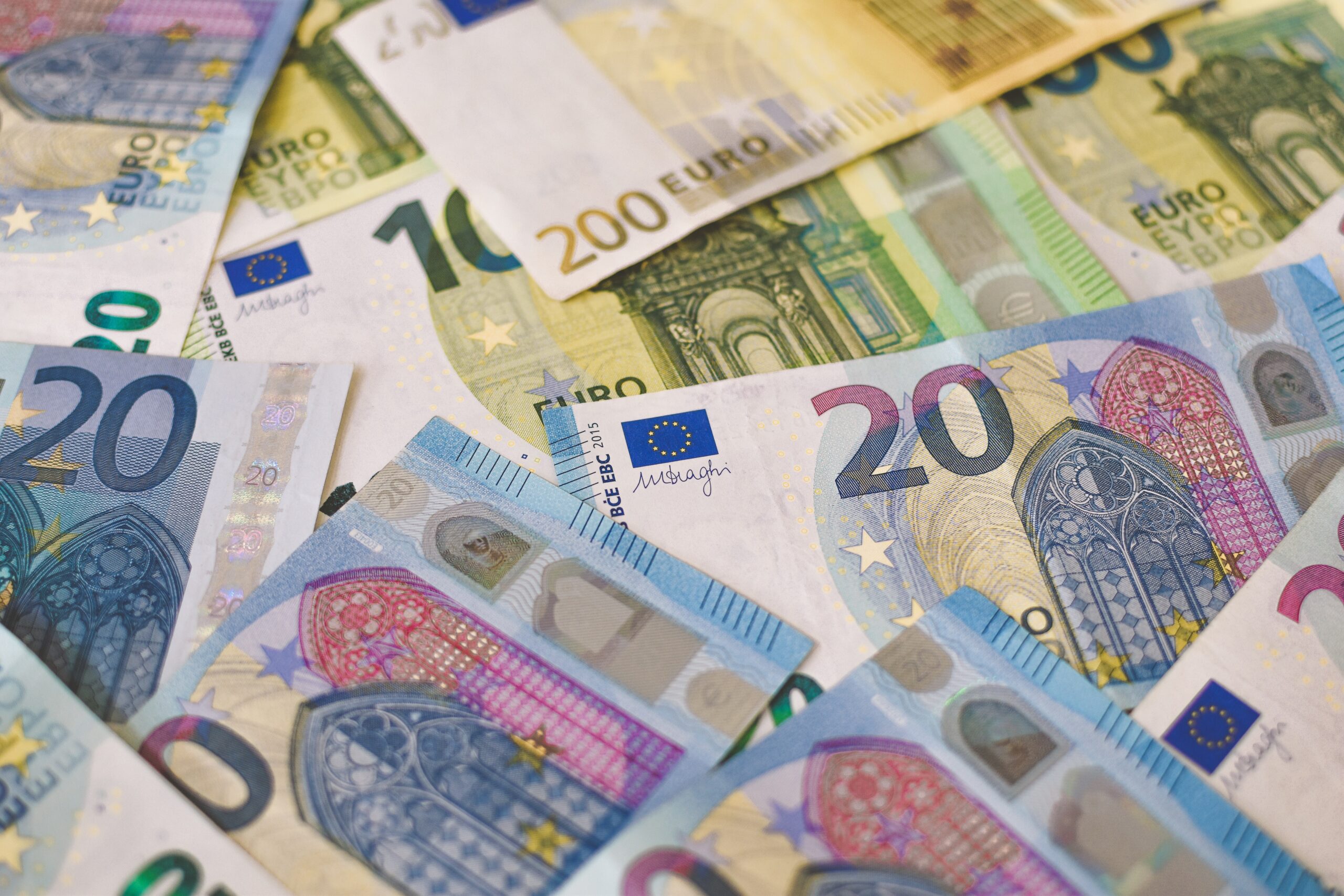
Fratelli Tutti: Insiders, Outsiders, and Ireland’s Second Century
Humans, it seems, cannot inhabit our status of insider without framing it against outsiders. This is one of the reasons why we should be sceptical of easy claims grounded in concepts like inclusion and tolerance – not because those are not virtuous things to achieve – but because if we believe we arrive at them without difficulty we are deluded.










